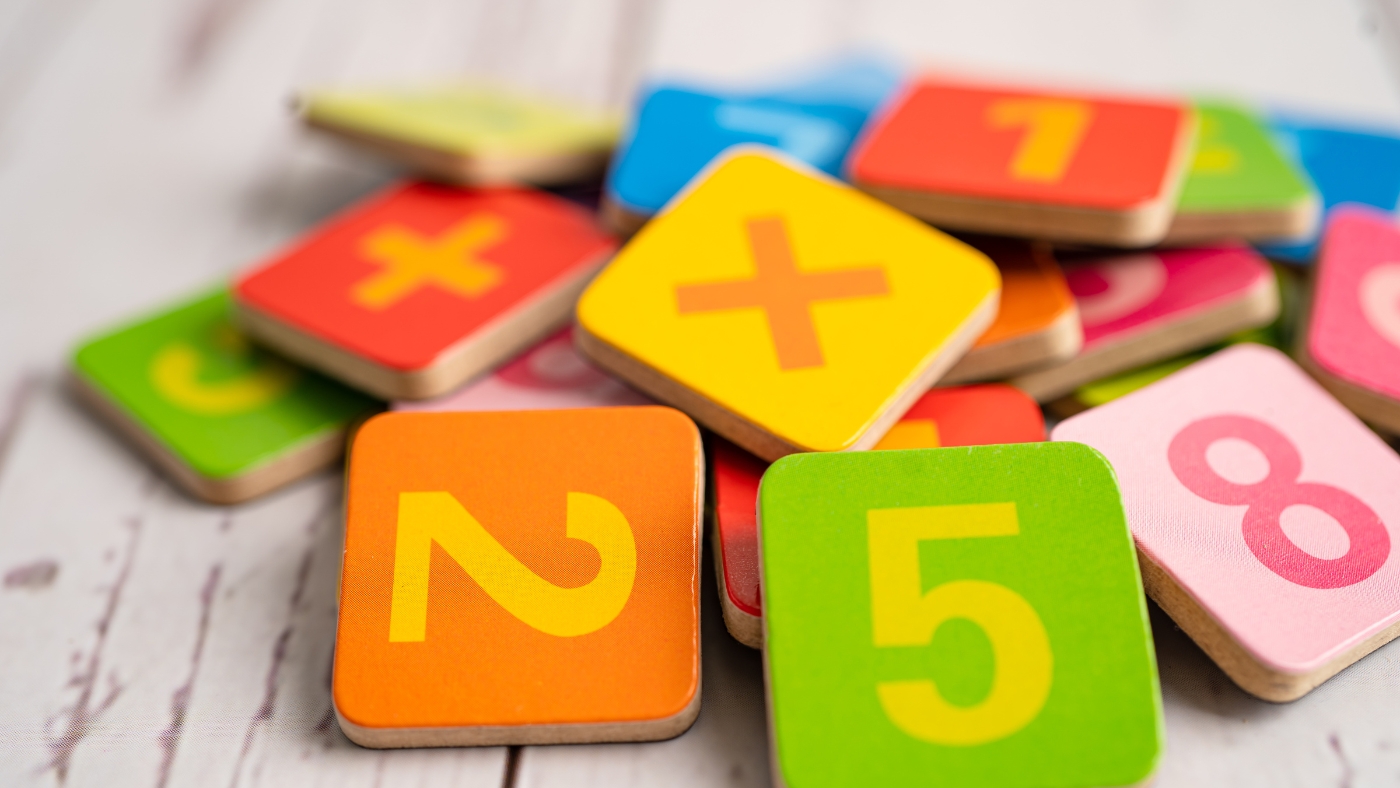
Mathematics is a fundamental subject that plays a crucial role in a child’s education. Montessori education approaches math learning in a hands-on and playful manner, recognizing that children learn best when they are engaged and enjoy the learning process.
Montessori math toys are designed to make learning counting, sorting, and patterns exciting and enjoyable for children. In this blog post, we will explore the world of Montessori math toys and discuss how they can foster a love for numbers while developing important mathematical concepts.
Counting Toys: Exploring Number Concepts
Counting toys are an essential component of Montessori math materials. They help children develop a solid foundation in number recognition, quantity, and one-to-one correspondence. Counting toys often consist of manipulatives such as counting beads, number rods, and number puzzles.
Benefits of Counting Toys
Number Recognition
Counting toys introduce children to numerals, allowing them to visually recognize and associate them with quantities.
Quantity Understanding
By manipulating counting materials, children develop an intuitive sense of quantity and learn to associate numbers with concrete objects.
One-to-One Correspondence
Counting toys teach children the concept of one-to-one correspondence as they assign one object to each number.
Fine Motor Skills
Manipulating counting beads, arranging number rods, and completing number puzzles enhance fine motor skills and hand-eye coordination.
Sorting and Patterning Toys: Developing Logical Thinking
Sorting and patterning toys are excellent tools for developing logical thinking, classification skills, and pattern recognition. Montessori math toys for sorting often include objects of different colors, shapes, or sizes that children can categorize based on specific attributes. Pattern blocks and pattern cards encourage children to recognize and replicate various patterns.
Benefits of Sorting and Patterning Toys
Classification Skills
Sorting toys help children classify objects based on attributes such as color, shape, or size, enhancing their logical thinking and cognitive abilities.
Pattern Recognition
Patterning toys allow children to recognize, create, and extend patterns, developing their ability to identify and analyze repeating sequences.
Spatial Reasoning
Manipulating pattern blocks and arranging them to form patterns improves spatial reasoning skills and visual perception.
Problem-Solving
Sorting and patterning activities provide opportunities for children to solve problems, make predictions, and engage in critical thinking.
Montessori math toys make learning counting, sorting, and patterns an exciting and playful experience for children. By engaging with these hands-on materials, children develop a love for numbers, build a strong foundation in mathematical concepts, and develop important skills such as number recognition, quantity understanding, logical thinking, and problem-solving.
Through the use of counting toys, children become familiar with numerals and develop a sense of quantity. Sorting and patterning toys encourage classification skills, pattern recognition, spatial reasoning, and critical thinking. The interactive and engaging nature of Montessori math toys fosters a positive attitude towards mathematics and nurtures a lifelong love for numbers.
So, let math become playful and enjoyable for your child through the wonders of Montessori math toys. Watch as they embark on a mathematical journey filled with curiosity, exploration, and a deep understanding of the beautiful world of numbers.



